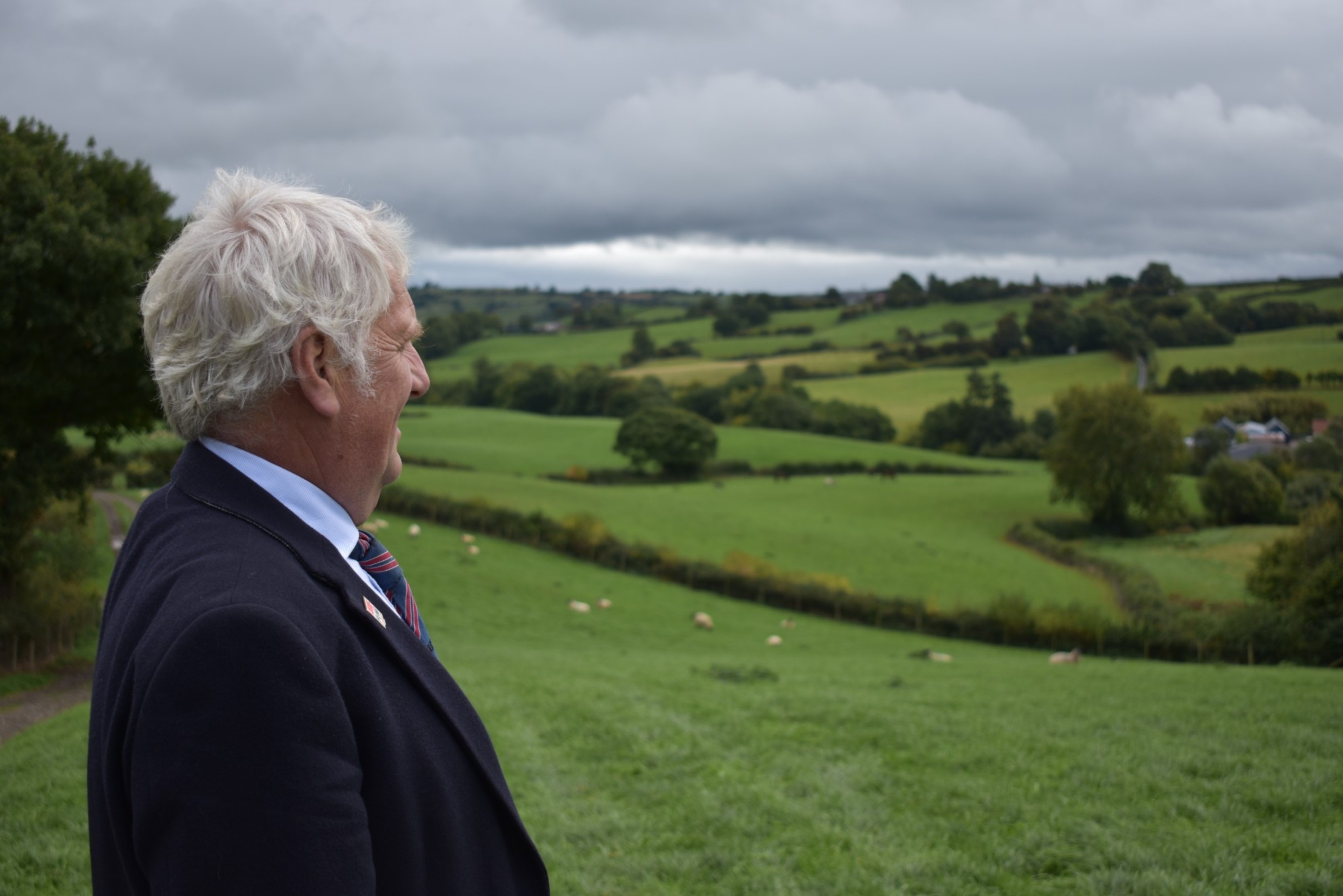 The Farmers’ Union of Wales (FUW) had positive talks with Minister for Climate Change, Julie James MS, with tree planting and the purchase of Welsh land for the purpose of carbon offsetting by businesses from outside of Wales taking centre stage.
The Farmers’ Union of Wales (FUW) had positive talks with Minister for Climate Change, Julie James MS, with tree planting and the purchase of Welsh land for the purpose of carbon offsetting by businesses from outside of Wales taking centre stage.
The FUW has received reports from members on almost a weekly basis of whole farms or parcels of land being bought up by individuals and businesses from outside of Wales for the purpose of tree planting in order to invest in the growing carbon market or offset their own emissions rather than seeking to reduce their carbon footprint in the first instance.
“Our longstanding concerns regarding this issue were discussed in a recent meeting of the Union’s Council. Members felt strongly that the Welsh Government and Senedd should take urgent action to tackle this issue through some form of control mechanism,” said FUW President Glyn Roberts.
The Union President further highlighted that the sale of carbon in this way risks undermining the ability of farms, Welsh agriculture or Wales as a whole to become carbon neutral.
“When a piece of farmland is sold and planted with trees it is no longer officially available to the agricultural sector for offsetting emissions and if someone plants trees on Welsh land and sells the carbon outside Wales then on paper this still contributes to statutory targets as it appears in the Welsh Greenhouse Gas Emissions Inventory - but in reality this kind of double carbon counting merely facilitates carbon production by a non-Welsh business, thereby depriving Welsh businesses of the opportunity to use that carbon to genuinely offset Welsh emissions ,” he said.
Mr Roberts said that he welcomed Minister Julie James’ confirmation in the meeting that the Welsh Government was aware of and looking into this issue, and shared many of the FUW’s concerns.
Figures recently released by the Welsh Government have confirmed that a growing proportion of Welsh Government Glastir Woodland Creation (GWC) scheme money is used to pay for tree planting on Welsh farmland bought by investors with addresses outside Wales. The figures also confirmed that the areas planted by such investors are on average many times greater than what is planted by those with Welsh addresses.
“Our longstanding concerns were confirmed in a recent Welsh Government response to a Senedd question by Plaid Cymru agriculture spokesperson Cefin Campbell, which revealed that between GWC application windows 8 (November 2019) and 10 (November 2020) the number of applicants with addresses outside Wales grew from 3% to 8%,” said Mr Roberts.
It was also revealed that between windows 8 (November 2019) and 9 (March 2020) the proportion of land accepted for the GWC grant following applications from outside Wales rose from 10% to 16%.
The figures also reveal that the average area of land planted with trees by GWC applicants from outside wales was 96 hectares in during the last planting season, compared with an average area of 17 hectares planted by applicants with addresses within Wales.
“During the meeting we also discussed a number of other issues, including how we can ensure the right tree is planted for the right reason in the right place, and the second home crisis facing our rural communities.
“We thank the Minister again for the constructive meeting and look forward to continuing these discussions to find the best way forward for Wales regarding all the issues that fall within her portfolio,” he added.


